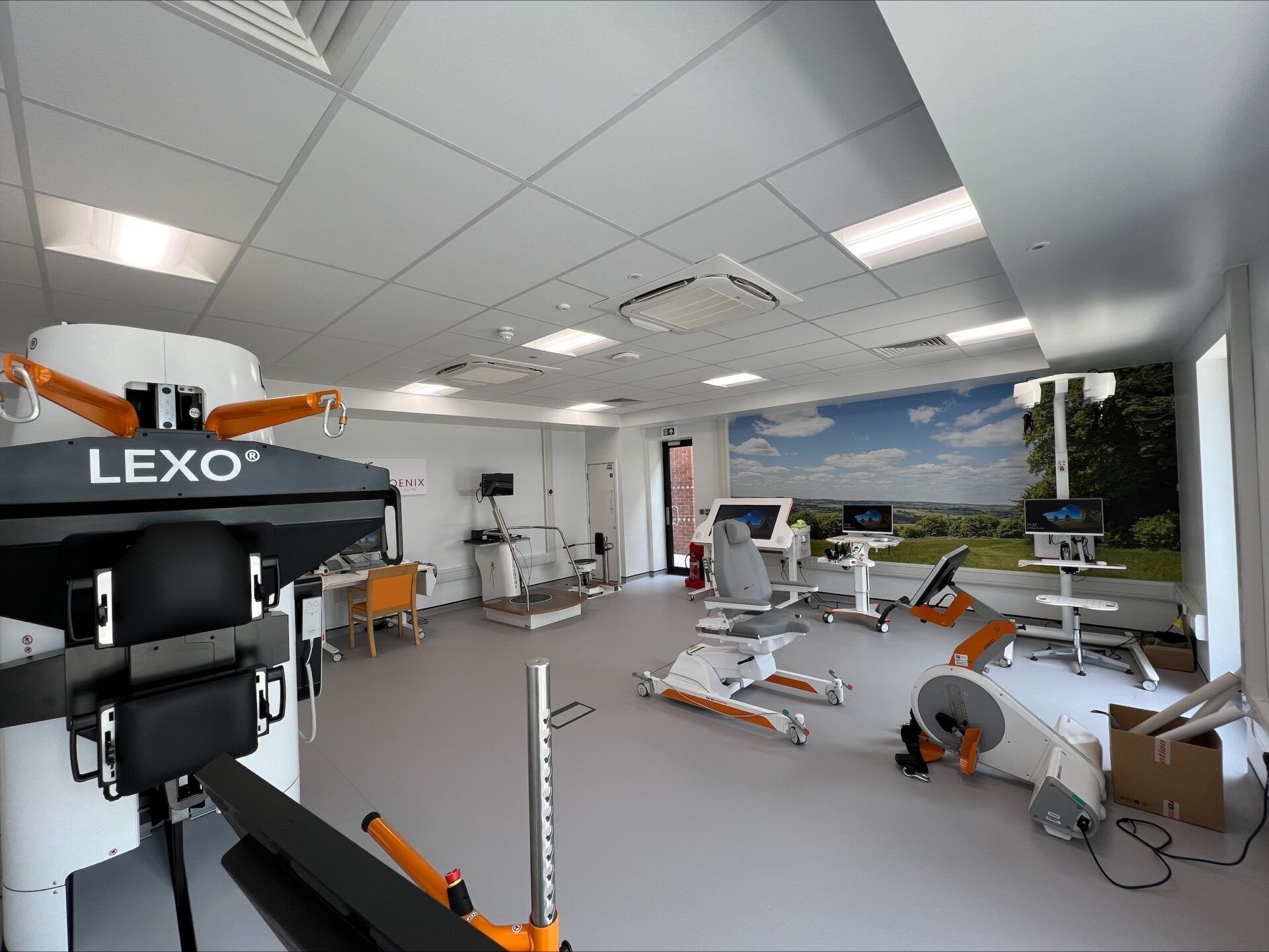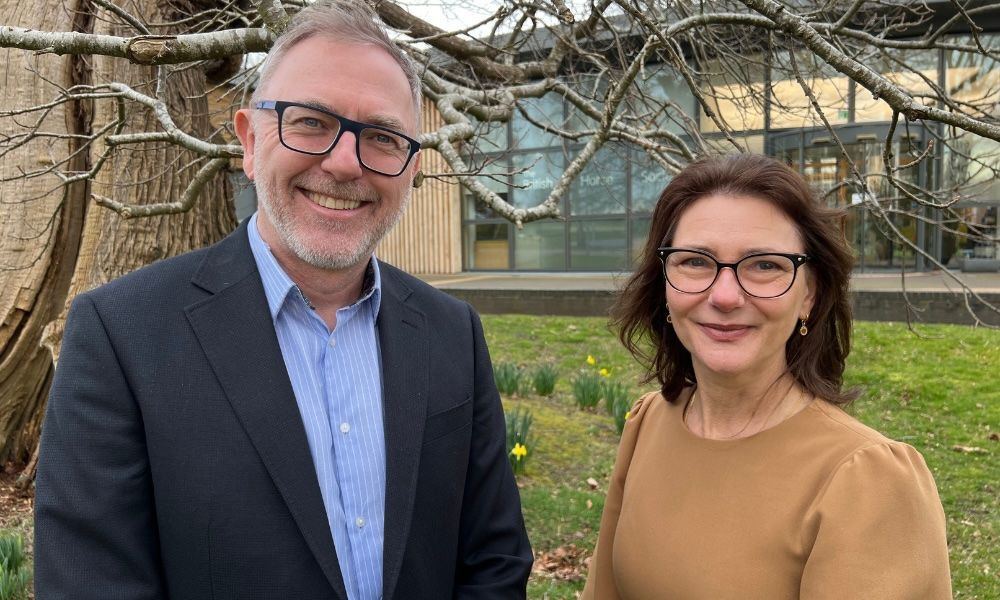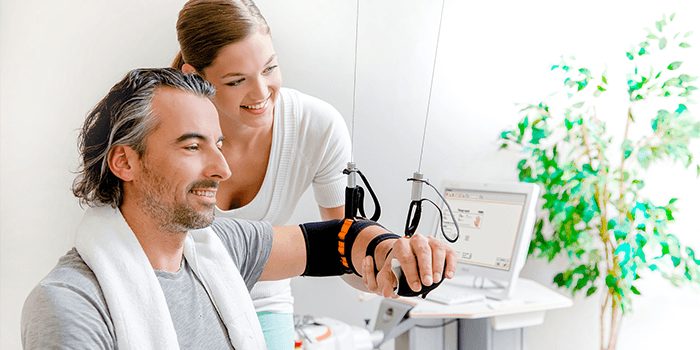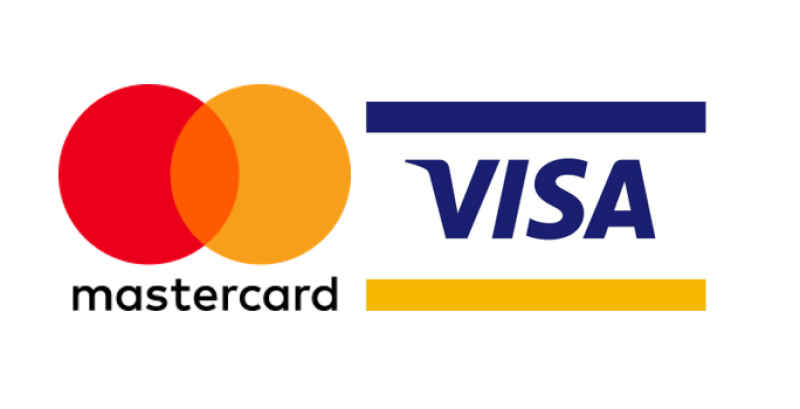By Giuliana Kinnerly
•
November 26, 2025
Ectron’s Role in Transforming Rehabilitation at the National Rehabilitation Centre The launch of the National Rehabilitation Centre (NRC) marks a defining moment for the future of rehabilitation in the UK - and Ectron is incredibly proud to play a integral role in bringing world-leading robotic technology into the heart of the NHS. As pioneers in advanced rehabilitation solutions, we’ve partnered with the NRC to deliver a comprehensive suite of cutting-edge systems designed to support patients with life-changing injuries on their journey back to independence. This is one of the most ambitious and forward-thinking robotics installations ever seen in the NHS, and a milestone not just for Ectron, but for rehabilitation nationwide. The brand-new £105 million NHS National Rehabilitation Centre (NRC), run by Nottingham University Hospitals NHS Trust, has unveiled the most comprehensive robotics suite in the NHS. The pioneering robotics suite features cutting-edge technology from across Europe, including robots and devices which can be used when helping patients to walk again, relearn how to use their hands, and build function in specific parts of their body. The NRC is a 70-bed, state-of-the-art specialist rehabilitation centre for NHS patients who have experienced a life-changing illness or injury and is co-located with the Defence Medical Rehabilitation Centre (DMRC) on the Stanford Hall Rehabilitation Estate (SHRE) near Loughborough. A Fully Integrated Robotic Therapy Suite Ectron has supplied an entire ecosystem of leading technologies, each addressing a different aspect of physical recovery. Together, they form a seamless, multidisciplinary toolkit for therapists — enabling personalised, data-driven, intensive therapy that was previously only possible in specialist centres abroad. The NRC now features: LEXO – A state-of-the-art robotic gait trainer offering highly adaptive, safe, and intensive walking rehabilitation. D-Wall – An interactive digital mirror system that blends motion capture, balance training and functional movement work into a single immersive platform. Fesia Grasp & Fesia Walk – Advanced functional electrical stimulation devices that help retrain upper and lower limb muscle activation with remarkable precision. Amadeo – A globally recognised robotic hand therapy system, enabling early, highly repetitive fine-motor rehabilitation. MYRO – A sensor-based interactive therapy surface allowing task-oriented training that bridges physical and cognitive rehabilitation. Omego Plus – A lower-limb robotic trainer ideal for early mobilisation and targeted strength and coordination work. Diego – A sophisticated upper-limb robotic exoskeleton supporting arm movement for patients with severe weakness. Pablo – A versatile assessment and therapy system providing objective data and game-based training for both upper and lower limbs. Tymo – A lightweight wireless balance plate for dynamic postural training and progress tracking. Homing TT – A compact, powerful solution for practising functional reaching and movement control. Each device is among the best in its class - but together, they offer unparalleled scope for personalised rehabilitation, spanning early acute recovery through to high-level performance retraining.





